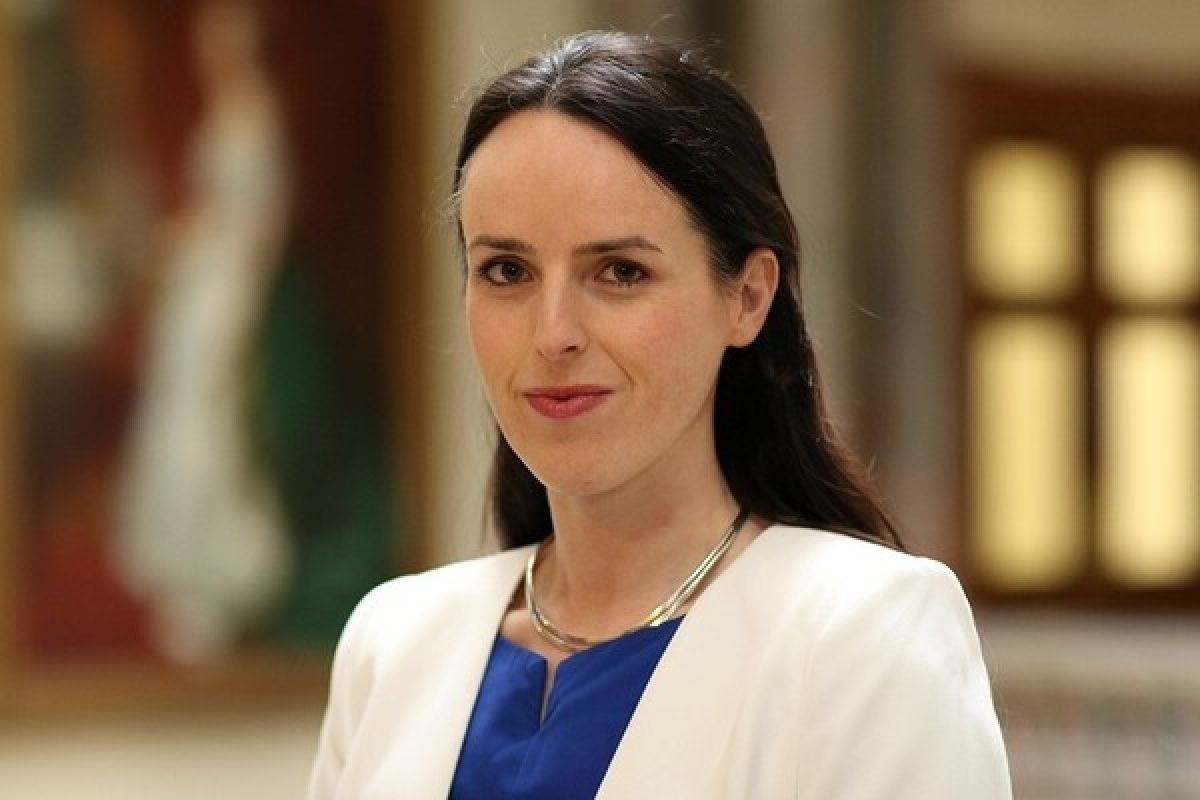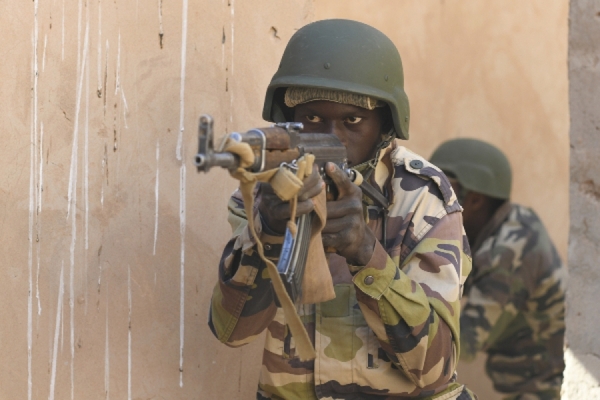OPINION: Time to take the Sahel instability seriously

The Sahel is a ticking timebomb that requires urgent action, according to the Independent Diplomat's Cat Evans.
Political instability is rising in the Sahel, which has seen several terror attacks already this year.
It’s essential that the region’s governments work to address this urgently otherwise the spill-over effects could stretch beyond the region to destabilise neighbouring countries.
The Sahel has always sat at Africa’s crossroads providing a gateway to the Maghreb and beyond.
In olden days, caravans of camels would transport gold, spices and salt through the Sahara.
Now, convoys are more likely to consist of drugs, other illicit goods and people, as trafficking delivers lucrative revenue for organised crime and terrorist groups.
Terrorism may dominate recent headlines and be the focus for France’s Operation BARKHANE and the G5 Sahel Joint Force, but conflict has been a regular feature in the region since independence.
While Niger seems to have broken the cycle of successive Tuareg rebellions, implementation of the 2015 Algiers Peace Agreement in Mali has stalled without tackling the underlying issues.
Meanwhile inter-community violence in central Mali has spiralled, spilling over into the tri-border area with Niger and Burkina Faso.
The Lake Chad Basin forms another conflict hotspot affecting Niger and Chad, with Libya a chaotic neighbour to the north.
Terrorists have been able to exploit long-standing grievances as well as wider bad governance.
Corruption has undermined state institutions and exacerbated service delivery challenges leading to public dissatisfaction.
While coups have been a frequent feature of the Sahel’s history, Mali’s first coup in August 2020 unleashed a new wave in Africa, challenging democratic processes.
Terrorists and organised crime groups have also deliberately targeted authority structures as part of a strategy to degrade state presence in the border regions, and threaten to extend their grip further.

Above: Liberian soldiers fighting in Mali.
Climate change is also aggravating the Sahel’s already inhospitable environment, leaving a disproportionate number of people vulnerable to the effects of global warming.
Average temperatures in the Sahel are predicted to be 1.5°C higher than the global average. Droughts and floods are regular occurrences in a region where large parts of the population already lack sufficient food and will devastate more communities in the future.
These trends are increasing (violent) competition for scarce natural resources and driving further demographic changes, including migration.
The Sahel is facing a demographic time bomb, with Niger, Mali and Chad amongst the top 10 fastest growing populations globally.
Projections estimate that the region’s population will more than double from 84 million to 196 million by 2050.
These populations are overwhelmingly young, with median ages of 15-16 years, creating service delivery and employment challenges for states that are already amongst the least developed in the world according to the UN’s Human Development Index.
More concerning is that changing demographics and habits are also intensifying existing societal tensions. For example, expanding urban centres are cutting across traditional nomadic routes and exacerbating conflict between pastoralists and herders.
It’s clear that security responses alone cannot resolve the Sahel’s problems, given that many of these are political and governance related, and help provide the context for conflict and terrorism to spread.
Yet governments still tend to prioritise these over pursuing much needed political and institutional reforms and tackling underlying grievances that would improve legitimacy.
Governments should re-calibrate to focus on a more comprehensive understanding of human security that puts responding to the needs of their citizens at the heart of their strategies.
This means combatting corruption and impunity, focusing on improving access to basic social services and building resilience in the most vulnerable communities to climate change.
Ecowas also has a critical role in helping members to navigate these challenges through both their private messaging and public action.
International partners will look to the region’s lead in re-establishing democracy, with the prospect of an extension to Mali’s Transition timetable a key test.
Finally, more investment is needed to nurture and harness the potential of the region’s youth. Too many children are out of school due to conflict or development shortfalls.
Championing girls’ education is especially critical to managing demographics and boosting overall prosperity.
Young people need to be given a greater stake in society and encouraged to unify traditional dividing lines since the future lies in their hands.
Cat Evans is the director of European Operations and African Outreach at Independent Diplomat. She was the British ambassador to Mali and Niger from 2018 to 2020.



